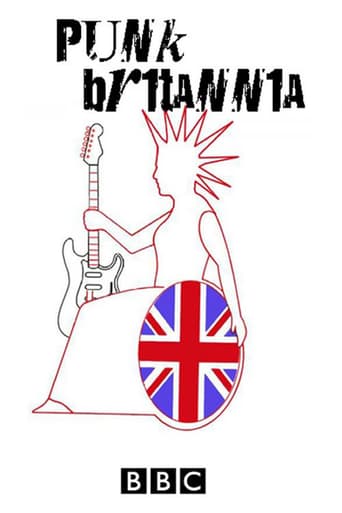jc-osms
Spread over three hour long episodes, this BBC4 documentary examined the emergence, contemporary impact and lasting legacy of punk rock starting in 1976. Set in context to the background of a Britain weathering economic strife and societal breakdown, punk rock was probably more born out of young musicians being dissatisfied with the state of music at the time, with tax-exile rock stars and prog-rock bores dominating the airwaves.Something had to change and thankfully it did as punk's energy and attitude blew away the pretensions of the rock dinosaurs, energising the music scene and upsetting conservatives in society along the way. Episode one investigated the roots of the movement and for me concentrated far too much on the pub-rock scene, which apart from contributing one or two faces for the future, like producer Nick Lowe and Stiff entrepreneur Dave Robinson, for me had little to do with what came next. To ignore the influence of the likes of The Stooges, the Ramones (who had the first top 20 punk hit) and instead talk up the likes of Dr Feelgood and the Kursaal Flyers was as silly as it was misguided.Of course, punk really came into being with the Sex Pistols outrageous appearance on the staid Bill Grundy TV show and their incredible first three singles, starting with the epochal "Anarchy In The UK" in late 1976, banned,predictably by the BBC. Members of every major band on the scene make an appearance in the narrative, but unquestionably the spellbinder was/is Johnny Rotten/John Lydon who's in great form throughout.The third episode, covering the post-punk scene, lost my interest somewhat with, despite the protestations of most of the participants, I detected pretentiousness and musicianship rearing their unwelcome heads again. I just never got into the angst of the terribly-named Joy Division and their whole coterie of "long mac" followers.Nevertheless, making allowances for my own personal tastes and some dodgy editorial decisions, this was still a very watchable and occasionally illuminating series, which should be essential watching for today's audience weaned on divas, boy-bands and reality TV show karaoke singers. Time for another musical revolution methinks.


